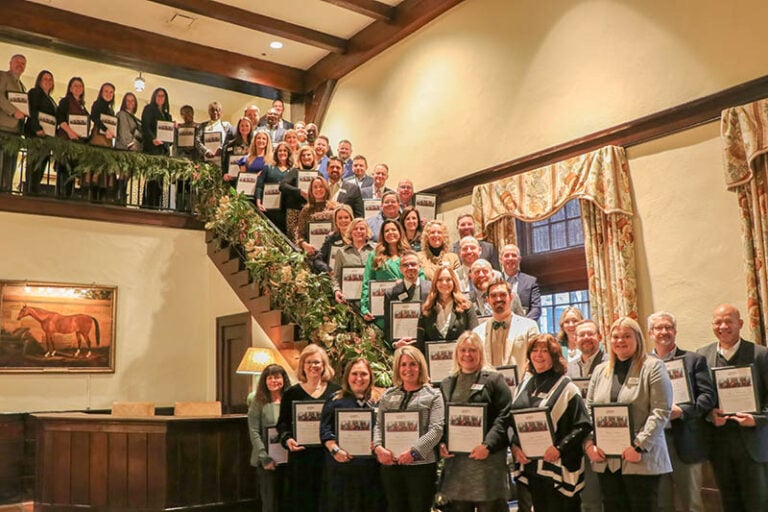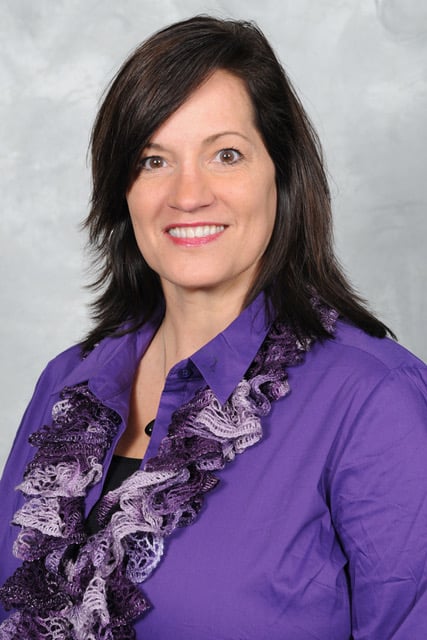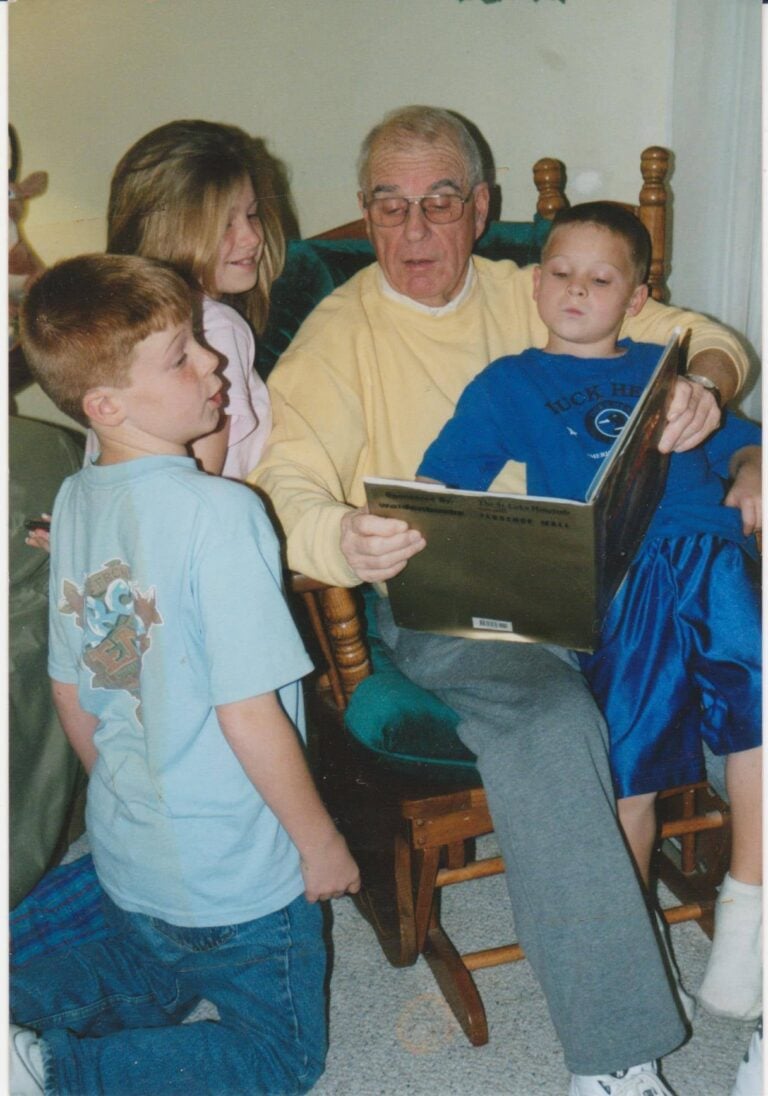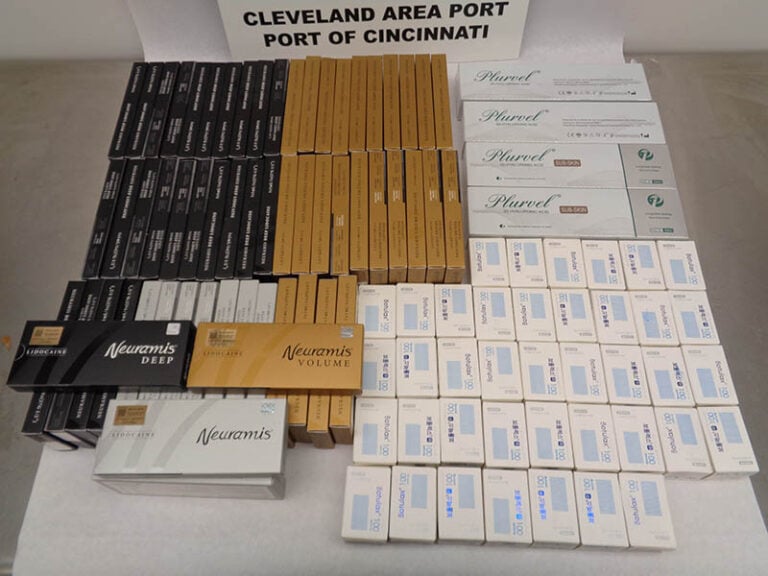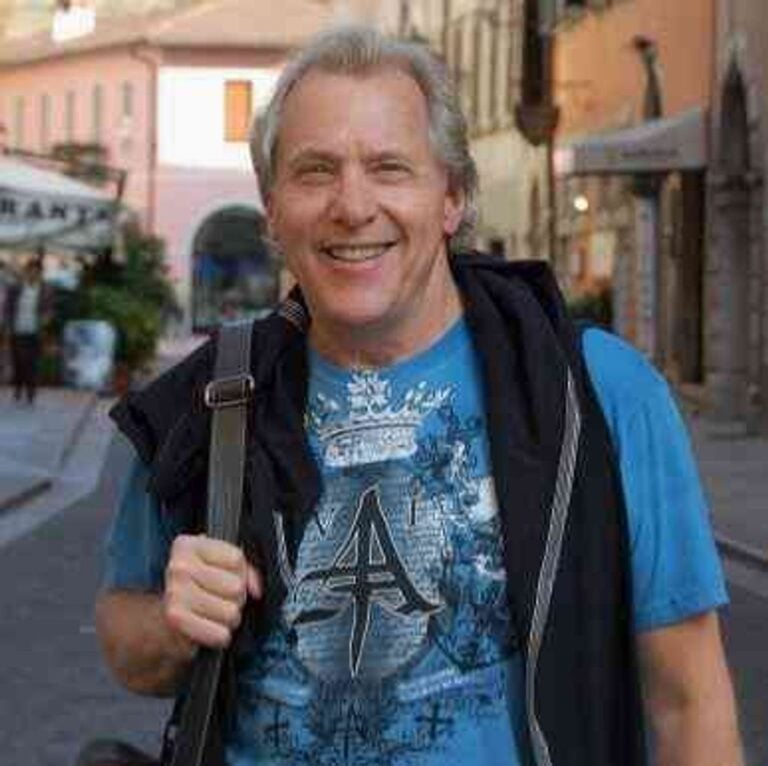In the age of information, there is no dearth of news. Good or bad, we are bombarded from all directions. Sifting through it is increasingly complicated and, on top of that, figuring out if what you are hearing/seeing/reading is true presents another challenge.
A case in point is my morning routine which, before coffee, begins with cursory glances at a variety of news sites: Associated Press, New York Times, and National Public Radio, for national and international news. After that, the Murray Ledger & Times shows up In the driveway and Kentucky Lantern’s statewide news pops up online, along with WKMS, Hoptown Chronicle and Northern Kentucky Tribune.
And now – drumroll, please — another relevant source has emerged: Murray Sentinel, a locally focused news site founded by Murray native, Jessica Paine.
According to the home page, the Sentinel is a “budding independent newsroom in Murray, Kentucky, dedicated to covering issues of value and relevance to the residents of Calloway County.”
Founder Paine grew up on Main Street in Murray, a couple of doors down from the public library and across the street from Murray Middle School. While some may remember her from those days, more recently others have encountered her as a citizen journalist. During Covid, she compiled the Calloway Covid-19 Count page, providing up-to-date information on cases in the county and their outcomes. In addition, she worked for the Murray Ledger & Times part time until she decided to launch Murray Sentinel.

“Not to replace the Ledger,” she assured Sentinel readers. “Rather it is to enhance the breadth and depth of local news coverage available to our community.”
The pressures on local newspapers have intensified with generational differences in the ways news is accessed, as well as the proliferation of news in various media. For newspapers, as advertising wanes, costs go up, staffs are pared down, local papers are absorbed by larger chains that shake and bake local content into smaller bites.
Dailies are moving toward weekly editions, online is replacing newsprint. Pay walls hamper access, and the public hankers for freebies. Entertainment news abounds, and opinions about important local issues are often formed by word-of-mouth and social media.
Amidst the media upheaval, Jessica Paine is passionate about open government and what the public should know about where their tax dollars go. “It’s not sexy to cover, and board meetings are not always that interesting,” she admits, “but there is value in knowing how local government operates.”
Currently a one-person operation in the process of establishing non-profit status, the Sentinel has obvious limits in the range and depth of what can be covered, but Paine hopes that people will recognize opportunities to get involved. One way of doing that is to contribute to the GoFundMe effort on behalf of the Sentinel.

“This may be my baby,” she says, “but it takes a village to raise a child, right? From my perspective, I’m just the person who had the gumption to get it started.”
“The Sentinel is ours,” she concludes, “so consider this a call to action.”
October 1–7, National Newspaper Week, is the eighty-third celebration to promote the newspaper industry, sponsored and supported by Newspaper Association Managers Inc.
Keeping up with the news in all its forms, readers need to be discerning about its reliability. An article recently posted in the Hoptown Chronicle boils down the process into three key questions:
1. Who said it? – Don’t confuse a person having an opinion with actually having knowledge. There seems to be a proliferation of people with strong opinions expressing their views without providing credible evidence. Click the “About” page to see get more information about the source, and use lists of known fake sites and other fact-checking resources to avoid getting played.
2. What’s the evidence? – Look for primary resources. What actual reporting was conducted and by whom? What secondary sources are cited, such as a blogger or YouTuber? How reliable are they?
3. Do you want to believe it? – If you started out wanting to believe what you read, you may be less likely to question and evaluate sources.












